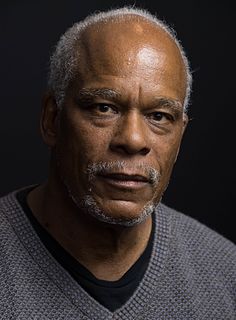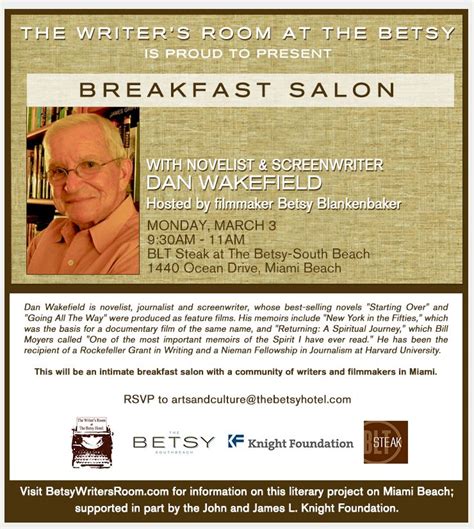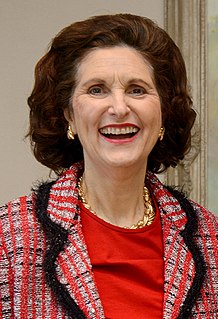A Quote by John Lewis
Maybe, just maybe, there should be a graphic novel dealing with the contribution of the women of the civil rights movement, to tell their story. The pain, the hurt. They raised their children. Some were working as maids, but when they left those kitchens, those homes, they made it to the mass meetings. And they put their bodies on the lines, also.
Related Quotes
In less than a century we experienced great movement. The youth movement! The labor movement! The civil rights movement! The peace movement! The solidarity movement! The women's movement! The disability movement! The disarmament movement! The gay rights movement! The environmental movement! Movement! Transformation! Is there any reason to believe we are done?
For black politicians, civil rights organizations and white liberals to support the racist practices of the University of Michigan amounts to no less than a gross betrayal of the civil rights principles of our historic struggle from slavery to the final guarantee of constitutional rights to all Americans. Indeed, it was practices like those of the University of Michigan, but against blacks, that were the focal point of much of the civil rights movement.
Maybe it’s my own fault. Maybe I led you to believe it was easy when it wasn’t. Maybe I made you think my highlights started at the free throw line, and not in the gym. Maybe I made you think that every shot I took was a game winner. That my game was built on flash, and not fire. Maybe it’s my fault that you didn’t see that failure gave me strength; that my pain was my motivation. Maybe I led you to believe that basketball was a God given gift, and not something I worked for every single day of my life. Maybe I destroyed the game. Or maybe you’re just making excuses.
































